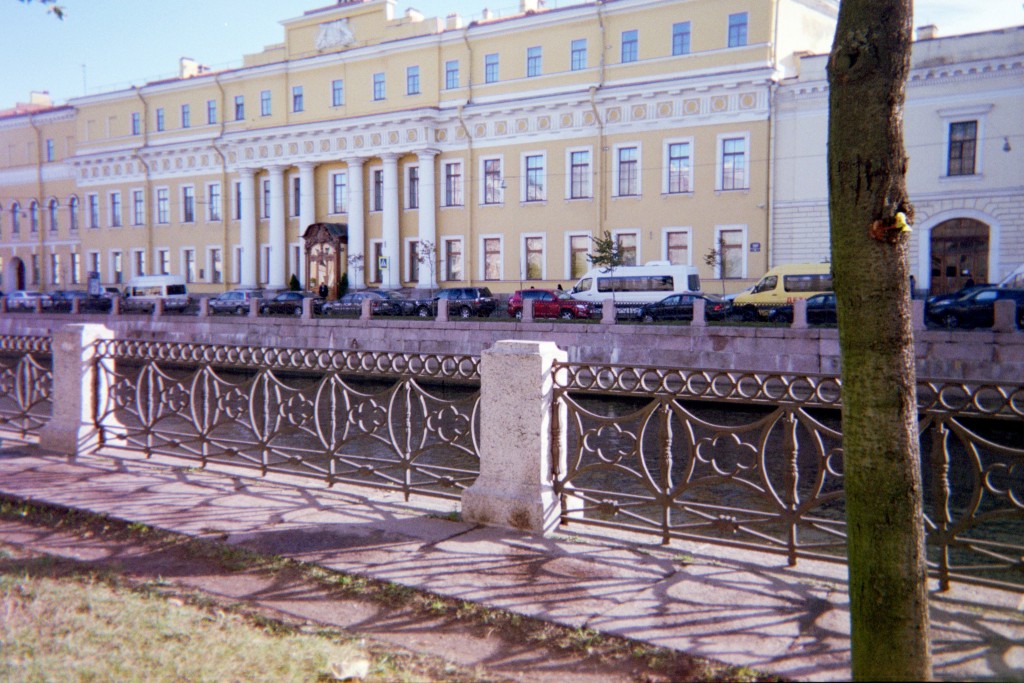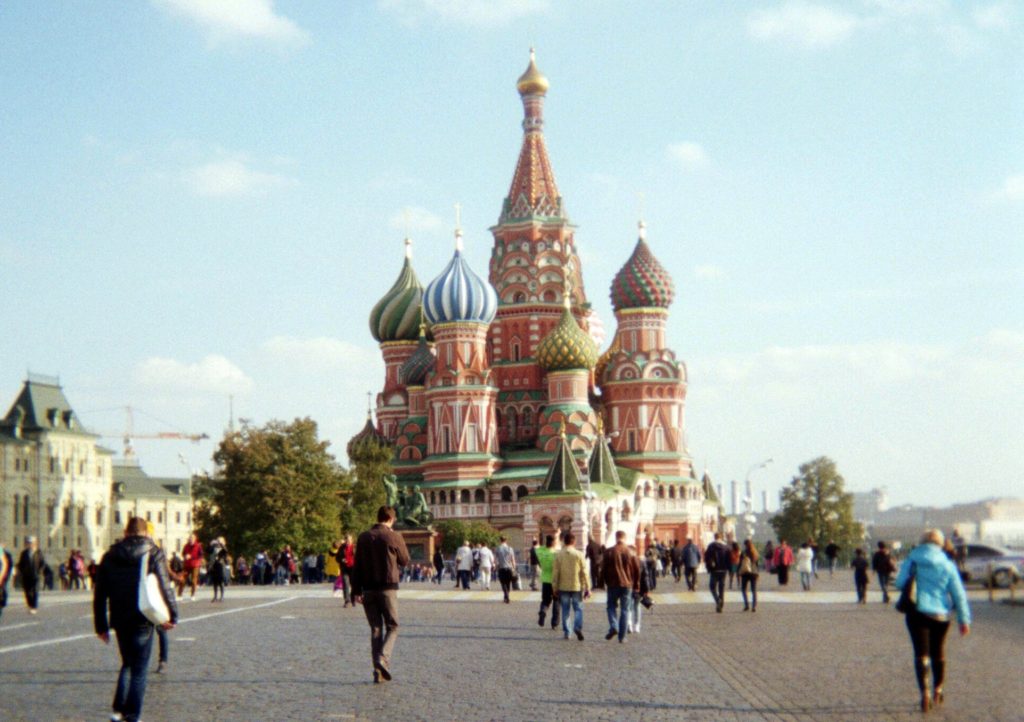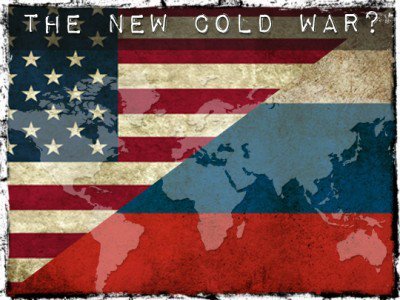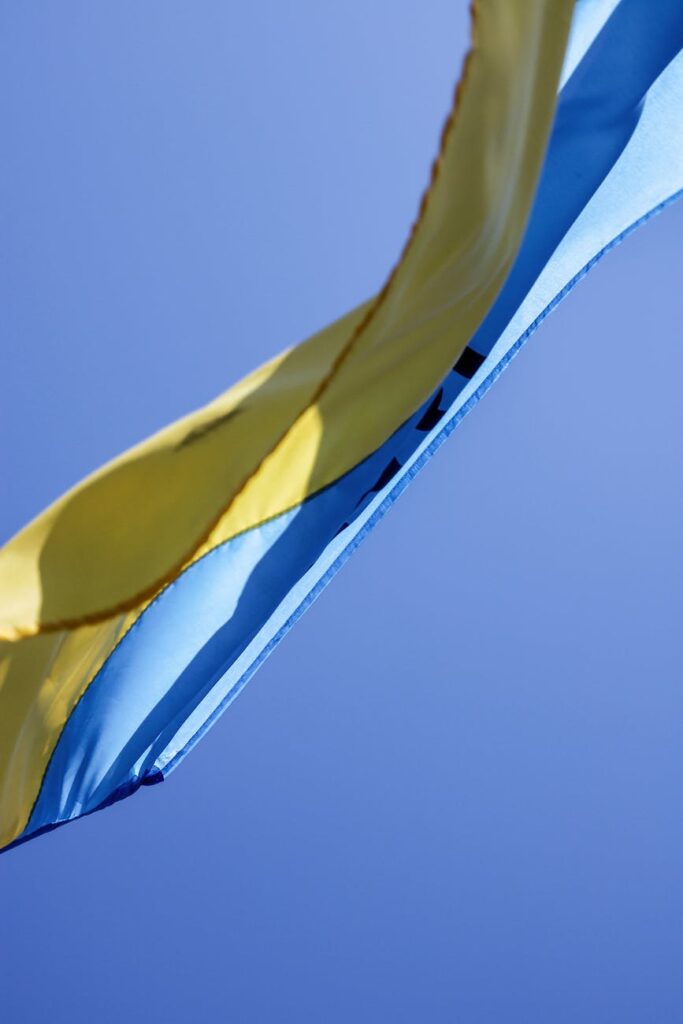
By Gilbert Doctorow, Blog, 12/5/22
In this installment I offer both an observation that may be characterized as totally relevant to the ongoing war and an observation that is timeless and relates to what Russian society and behavior is all about. What these have in common is that they are firsthand observations, based on what I see and hear from real people in St Petersburg during this visit.
The first item comes from a 20-minute chat with a fellow who has been one of my best sources of information on the war thanks to his personal relations with siloviki, meaning in this case military intelligence officers, that go back to his college days and to his initial service as an administrator in the penitentiary system.
As many readers are aware, my pied à terre is a one bedroom apartment in the outlying Petersburg borough of Pushkin, which in pre-Revolutionary times was known as Tsarskoye Selo, literally, the tsar’s hamlet. Just 200 meters from our apartment complex is the Catherine the Great summer palace and park, which is a major attraction for both domestic and foreign tourists.
This area today is also home to an important military school which has students from Africa and other developing world regions enrolled alongside native Russians. There is a training base for helicopter pilots nearby. And there is a military hospital of national importance. It is from the latter that today’s news comes.
My acquaintance tells me that the hospital is now filled with wounded Russian soldiers from the Ukraine campaign, and in particular with maimed POWs who were released by the Ukrainian authorities in prisoner exchanges. The hospitalized include a good many traumatized soldiers who were savagely castrated or otherwise disabled by their Ukrainian captors.
If publicized, these cases would be far more inflammatory in broad Russian society than the horrendous video which circulated in social media a week ago showing the brutal execution of a dozen disarmed Russian POWs by jubilant Ukrainian soldiers. Clearly, the Kremlin is holding this back, lest detailed knowledge of the Ukrainian brutality unleash violent emotions in the Russian public.
In these circumstances, I call attention to the very difficult balancing act required of the Russian President. The man has nerves of steel. He is surely under great pressure from the patriotic hard-liners in the Kremlin who are au courant about the castrations and other evidence of Ukrainian depravity. One nod from Vladimir Vladimirovich and Kiev would be leveled to the ground in a matter of hours. It is tragic that Washington and Brussels confuse this restraint with incompetence, fear and other nonsense.
*****
My second item comes from my visit to the Mariinsky-2 opera house last night to see the star-studded cast performing Verdi’s Otello under the baton of maestro Valery Gergiev.
The evening was interesting in many ways, starting with the top of the house seats we occupied because we placed our orders only the day before, when most everything had already been sold out and went for eye-popping prices. Indeed, apart from our top balcony seats, all seats at the opera yesterday evening went for between 8,000 and 9,000 rubles, meaning 120 to 135 euros.
By an ironic twist, our second row balcony seats at 3200 rubles, or 45 euros, corresponded one-to-one to the seats my wife and I used to buy for $3.50 each at New York’s Met during my grad student days at Columbia in the late 1970’s. Those seats, like the ones we had last night, were very high but also very close to the stage, if off to one side, which is never popular with the general public but is loved by professional music critics both for price and comfort. The Met seats came with a little table and light for the occupants to read their scores. The Mariinsky seats were simply more ample and more comfortable than what Americans would call Family Circle seats facing the stage directly.
However, what I wish to emphasize is who sat up at the top. They were more uniformly well dressed and even chic than the public in the parterre at ground level or in the loges and lower tiers, where we normally would be sitting for an opera performance. Why is this so? Because the Mariinsky gives out a goodly number of orchestra level seats free to university students, pensioners and the socially disadvantaged, and they, by definition, are not swell dressers. The people who laid out 45 euros for the top of the house all paid from their own pockets and came dressed in the high fashion apparel that is still the cultural norm, even if it disappeared in the USA thirty or more years ago, when folks attending High Culture events just ‘came as they are,’ as if they were at the cinema. This dressing down took hold in Europe more recently, but it is widely seen there today.
Why do I call attention to dress codes? Because there is a great deal more in clothes than snobbery. Dressing down, coming to the opera in torn jeans and sloppy sweaters, is an unmistakable statement that the rest of the world can go to hell, that one is concerned and absorbed only with Number One.
Not so in Russia. The old saying that Russian girls are born in high heels remains utterly true even in the midst of the present dull mood driven by the war in Ukraine. And during the break in the three hour twenty minute performance, our balcony cohort did not whip out home-made sandwiches and drink from concealed flasks. No, they stood in line to buy caviar sandwiches and éclairs together with flutes of Russian sparkling wine at very fancy prices, though matched by superb quality of the products themselves. This evening was an event, and Russians love to party.
Earlier in the war, I remarked that the Mariinsky was likely having financial difficulties now that it had lost its substantial audience of well-heeled foreigners from London, Paris and New York. What I see now as I enter the Mariinsky Theatre website to order tickets is that they are filling every seat in the house this holiday season for performances of The Nutcracker or opera performances like last night’s Otello at 140 euros a seat. And the audience is 100% Russian. A new equilibrium has been established and Russia’s High Culture has met the challenge of the foreign exodus.
It bears mention, that notwithstanding the high prices practiced at these most sought-after shows, the audience had a surprisingly good balance of old and young, including those who clearly are not students. Moreover, the old are not as decrepit as in the Met, nor were there medics in the wings for emergency aid, as we saw at the Arena di Verona this past summer. The balance of men and women was also fairly close, which is not to be taken for granted in the musical world at large.



